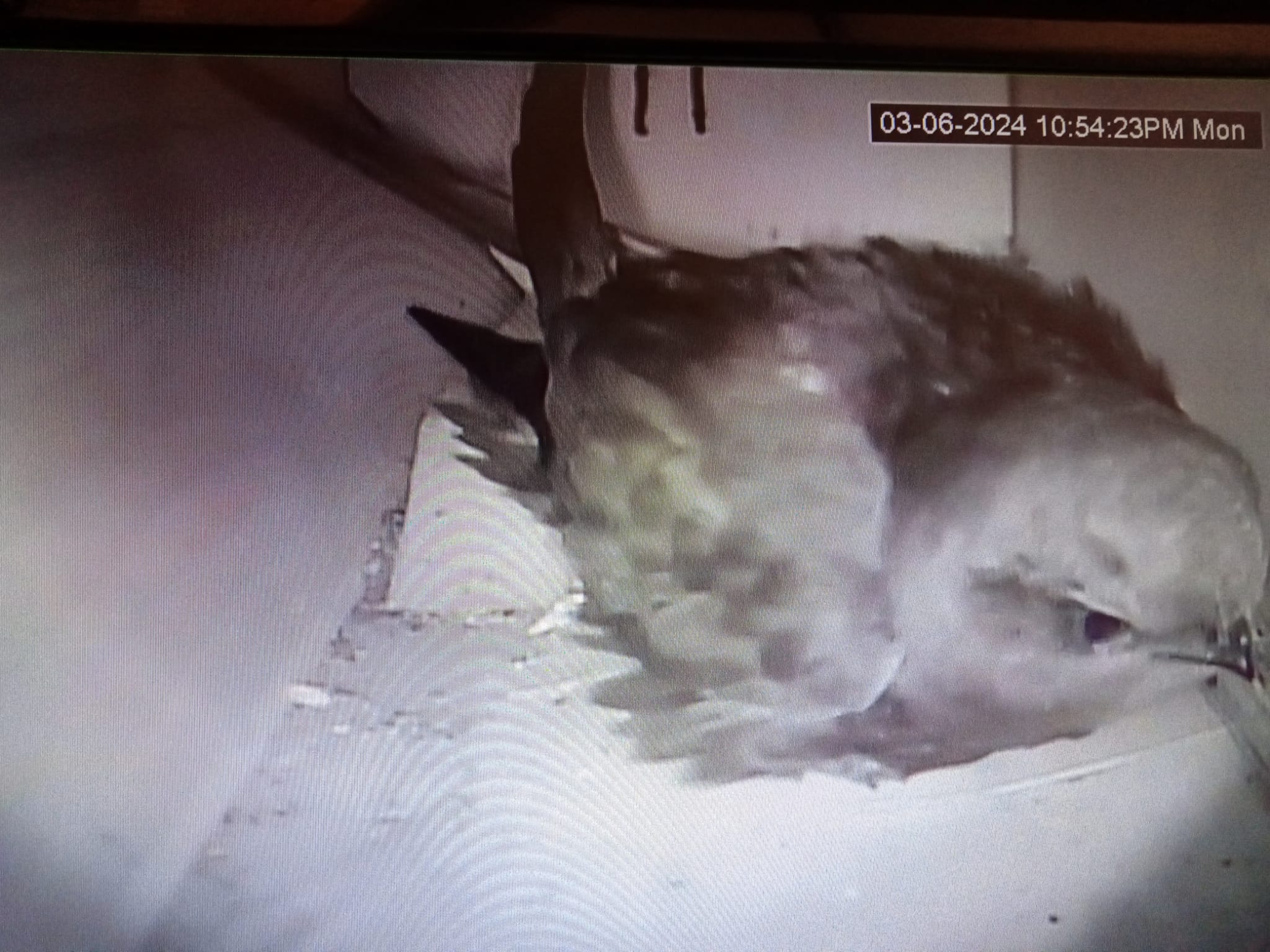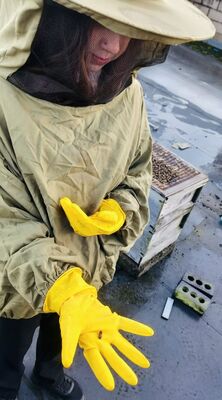BY the time Germany scored their fourth goal last Friday night, the sky outside Dúlra’s front window matched Scotland’s mood – dark and foreboding. By 9pm the sun had set, the long June day was approaching its end and so he was almost as stunned as that poor Scottish team when a bird appeared outside, one that had never appeared there before.
A special bird with unique, almost otherworldly, powers. A bird of such dexterity, grace and indeed mystery that the first game of Euro 24 was immediately forgotten. The swifts had finally arrived at Dúlra’s house and the skills they displayed would leave the world’s finest footballers in the halfpenny place. They whizzed around the house for half an hour.
They seemed not to mind that the light was quickly fading and all the other birds had settled down for the night. These swifts were as much bat as bird and the show they put on deserved floodlights. But even though it was twilight, they flew so close to the window that you could see their every twist and turn.
From the start of May, Dúlra has been blasting swift calls from a mini-speaker below three nestboxes that were put up last year under the eaves by swift supremo Mark Smyth. (By the way, Mark has more than a dozen boxes up at his house in Antrim and almost all have breeding swifts.)
The swift – gabhlán gaoithe in Irish – is no nightingale – in fact its screeching call sounds more like a banshee’s wail. And Dúlra’s got it on a constant loop with no relief. No neighbour has yet complained – at least not publicly – but it must be annoying the hell out of them.
Until late last Friday night, those recordings were disappearing into the heavens unanswered. Using a call is a tried and tested way to lure swifts to a nestbox, but of course you need a passing bird to hear it, and it’s been a decade since a swift nested in Dúlra’s estate; that pair were left homeless when a roof that had been damaged in a storm was replaced. So since the swifts arrived in Belfast from Africa at the start of May, none has come within earshot of Dúlra’s home.
But something changed last Friday night. Maybe the brighter evenings – we’re near the longest day of the year – made this pair a bit bolder. Maybe they decided to stretch their wings and venture into a new area and then they heard Dúlra’s recording and shot down from the clouds like missiles.
The pair zoomed through the garden, skimming the roof, racing right up to the living-room window before backflipping skywards, defying the rules of gravity. These are birds at the very pinnacle of the evolutionary process – ultimate birds, super-birds even. Some birds have evolved so as not to fly – swifts went in the opposite direction. They drink raindrops and even sleep in the air. But only one inescapable avian trait couldn’t be avoided: they can’t lay eggs in the air.
And that’s the only time they need to touch down on the earth. It’s a very dangerous thing for them, as they are so aerodynamic that they can’t take off from a standing position. They have no problem taking off from a nest at a height, but if they land on the ground, they are doomed.
So they treat any new nest site with great caution. They will ‘dance’ around a site for a long time before taking the chance of landing. Swift experts call these birds checking out nest sites as ‘bangers’, because they seem to crash into a box or brush past it to see if it’s in use.
The two birds that lit up the twilight at Dúlra’s house last week were bangers. They flew up to the boxes but didn’t venture inside.
Mark told Dúlra: “Swifts who have paired off are already feeding chicks, so it’s unlikely these birds will breed this year. But these bangers will be checking out good nest sites for next year.
“If they like what they see, they’ll be back next year to breed at your house.”
The pair haven’t returned in the nights since, despite those same recorded calls booming out over the Belfast sky. But Dúlra hopes that whatever way those incredible brains work, they’ve mapped in his home for next May.
• If you’ve seen or photographed anything interesting, or have any nature questions, you can text Dúlra on 07801 414804.







